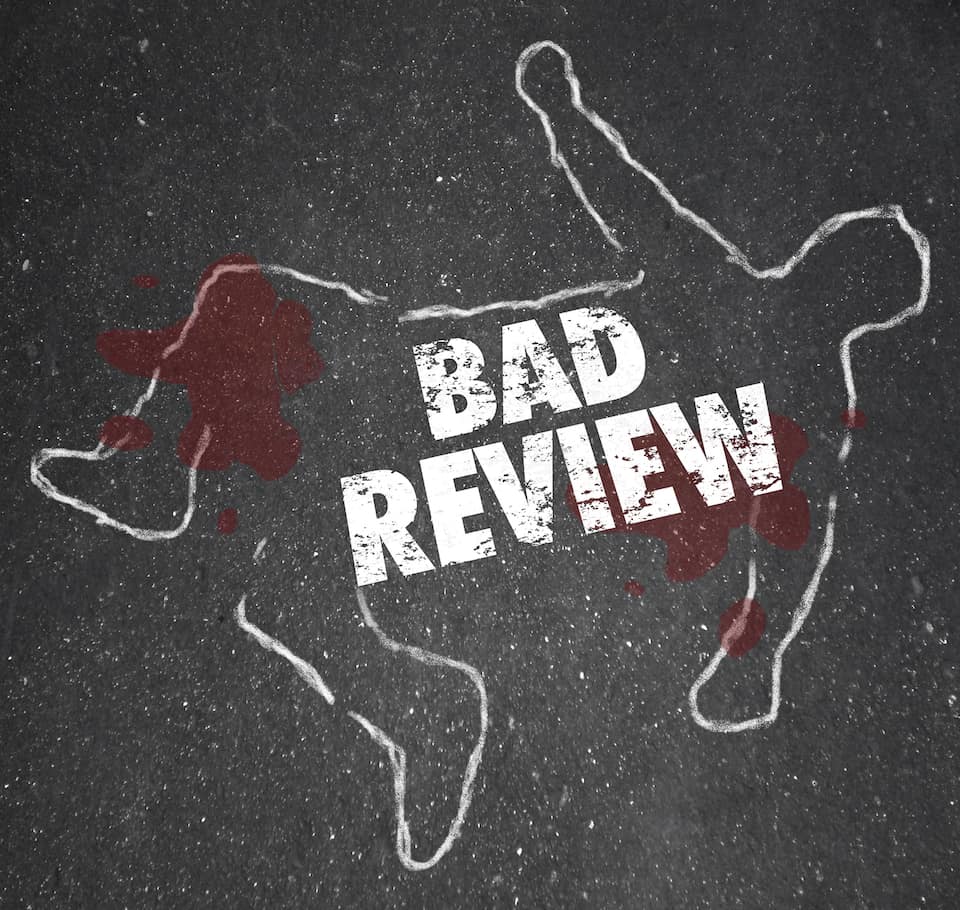
With the Digital Age still being relatively young, we still haven’t agreed on all the rules. We are still navigating our way through it and deciding collectively what the rules of this new plane should be. One of the more important discussions we are having right now surround the issues of online reviews.
Getting published and seen used to be much harder. Now you can have an audience of millions in short order, and the more bombastic and extreme your content, the easier it is. The internet allows the people, whether collectively or as lone individuals, to shout their unfiltered opinions from the rooftops. Many consider this a great thing, and in many ways it is. The issue comes with the anonymity and lack of accountability on the web.
Negative online reviews can hold a lot of influence with potential customers. What if those reviews are biased, not honest, or even real? Reviews are very valuable to both consumers and business owners, but this process requires reciprocal trust to operate correctly. What do you do when your business is hit with an illegitimate and damaging review?
In Any Other Form of Publishing
In most cases, your business can’t opt out of the review service, the reviewer is protected and anonymous, and you are simply forced to participate against your will or ignore it at your peril.
In any other form of publishing, if I put out a condemnation of a business or accused them of crimes without any proof, it could be defamation and I’d be guilty of libel. If I do so on Yelp, it is called a review.

There are many popular review-hosting services, and they are being relied on more every day. In fact, 92% of consumers now read online reviews, and 40% will form an opinion by reading 1-3 reviews. I can’t lie; I use them extensively.
The internet gives a lot of power to individual users, and the review does its job when it is based in fact or simply opinion-based. Some users, though, will manipulate the review process to damage competitor’s reputations or have a personal vendetta.
You can’t yell “fire” in a crowded building (unless there is a fire). Not all speech qualifies as “free speech”. Negative speech directed toward your business is only protected if it is truthful.
Dealing with False Negative Reviews
What steps should you take in the event of a false, negative review?
- Respond to the review – You should respond to every negative review, whether it is real or not. Be courteous and professional in your response and attempt to solve the customer’s problem. If the review is fake, you can point it out but you must be polite and not lash out. Don’t follow in the footsteps of Amy’s Baking Company.
- Check the Terms of Service – False reviews often come from competitors, former employees, or someone who has a personal vendetta. Sometimes they are even just mistakes. Angry reviewers often make outrageous claims or use bad language, which usually would violate the terms of the site. Contact web admin and point it out, and the service will likely take it down.
- Collect evidence – Some websites allow users to remain anonymous, so you can’t always verify that a reviewer is real. If you can logically demonstrate that the review can’t be real, make your case by email to the administrator. There is a chance they will take it down, and if not, you should publicly and politely respond with the evidence.
- Take legal action – If all else fails and the review is an act of blatant defamation, then you may choose to pursue this route. Contact a legal professional and seek their advice. Often, simply the threat of legal action will move a user or review service to back down if you can demonstrate that the review isn’t legitimate.
- Have a sterling online reputation – If you are proactive in managing your online reputation, then you should be stacking up those positive reviews left and right. Your potential customers understand that an occasional mistake can happen, and that there are crazies out there. The best way to silence the few critics out there is to bury them in 5 star ratings. Your business should have a dedicated presence to improve your online image.
The Best Defense is a Good Offense
False negative reviews hurt everyone involved, damaging your business and turning away potential customers who would have had a good experience with you. While there are many cases out there setting a precedent for protecting businesses online, it could take a while.
Until there is a perfect process in place, you will have to win your battles by managing your online reputation.






